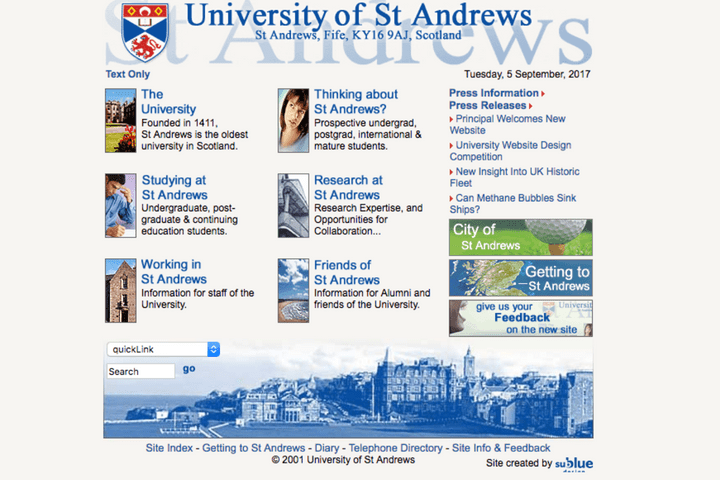
Usability testing around the University
The digital communications team has been conducting usability testing since 2015. Usability testing allows us to evaluate the design of a webpage, or more specifically, a particular process such as signing up for a…



